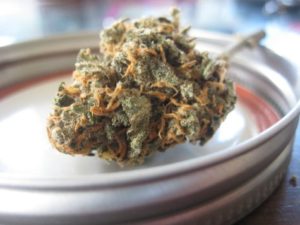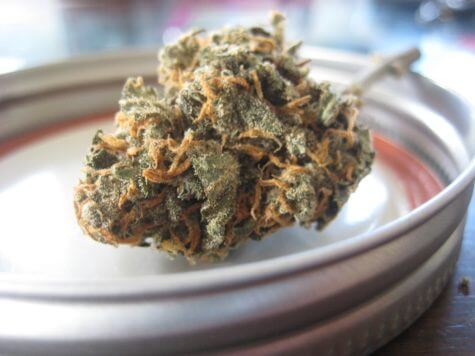MONTREAL — Adolescents who switch from occasional use of marijuana to weekly or daily cannabis consumption increase their risk of psychotic experiences by a staggering 159 percent, a new study finds.
Researchers from The Université de Montréal based their results on a project that surveyed more than 4,000 13-year-olds in the Montreal area about their marijuana use and any psychiatric symptoms they may have experienced.

The team found that youths — particularly those aged 13 to 16 — who were heavy users of marijuana were more likely to have psychotic-like experiences due to developing symptoms of depression.
“To clearly understand the impact of these results, it is essential to first define what psychotic-like experiences are: namely, experiences of perceptual aberration, ideas with unusual content and feelings of persecution,” says Josiane Bourque, the study’s lead author and a doctoral student at the school’s Department of Psychiatry, in a university press release.
“Although they may be infrequent and thus not problematic for the adolescent, when these experiences are reported continuously, year after year, then there’s an increased risk of a first psychotic episode or another psychiatric condition,” adds Bourque.
To link the experiences with symptoms of depression, the study also evaluated some of the subjects’ cognitive abilities and concluded that they were negatively impacted by cannabis use.
“Our results show that while marijuana use is associated with a number of cognitive and mental health symptoms, only an increase in symptoms of depression – such as negative thoughts and low mood – could explain the relationship between marijuana use and increasing psychotic-like experiences in youth,” says Bourque.
Patricia Conrod, Bourque’s supervisor at Sainte Justine University Hospital Research Center, says she hopes the team’s findings will help prevention programs develop tactics.
“While preventing adolescent marijuana use should be the aim of all drug strategies, targeted prevention approaches are particularly needed to delay and prevent marijuana use in young people at risk of psychosis,” she said.
The study was published last week in the Journal of Child Psychology and Psychiatry.

Comments
Comments are closed.